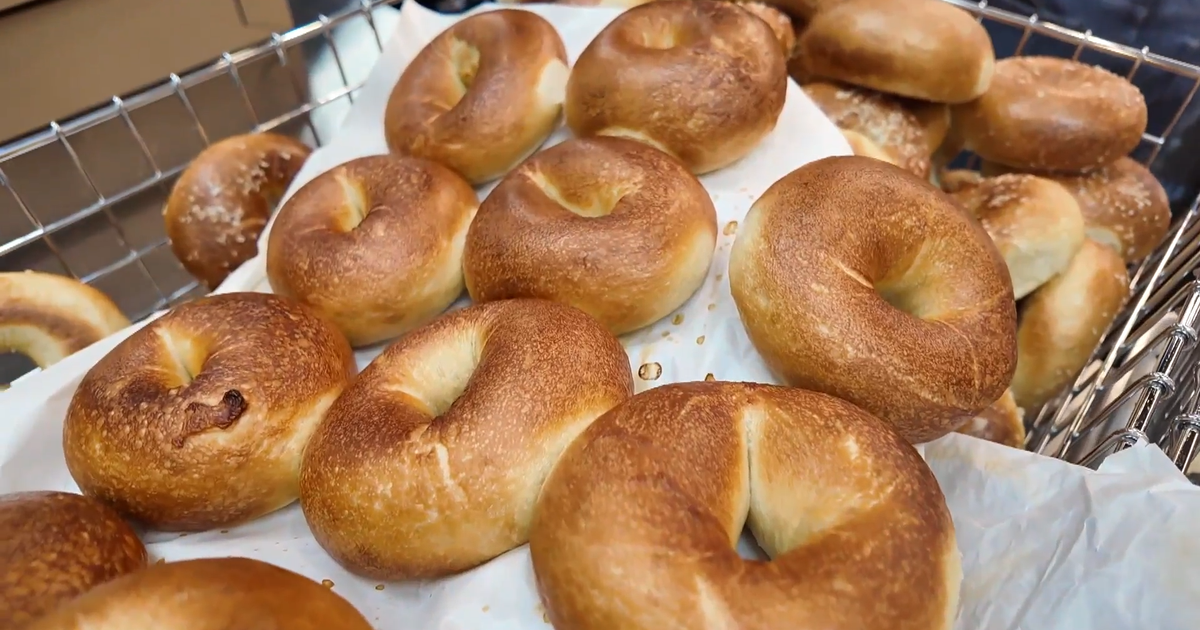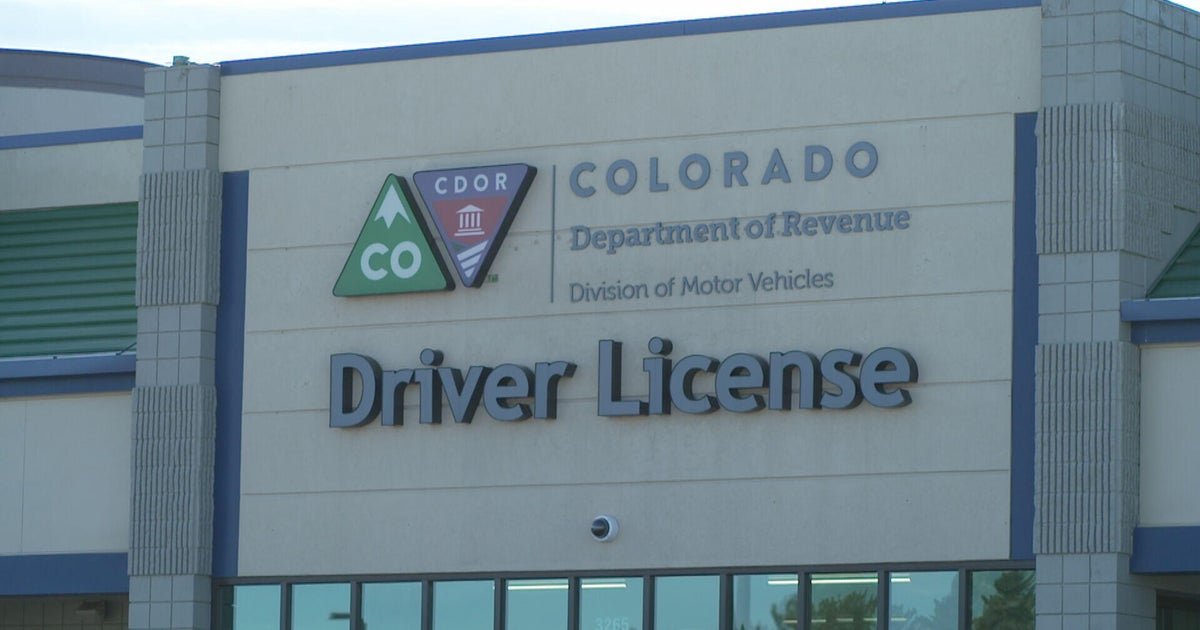Which U.S. grocery chains offer the best value?
- Bank of America Merrill analysts compared prices at six of the country's biggest food sellers: Walmart, Target, Kroger, Publix, Sprouts Farmers Market and Whole Foods.
- Walmart was found to have the lowest overall prices, though No. 2 Target offered cheaper packaged foods and meat.
- Whole Foods had the highest prices of the six, with a sample basket of 54 items at the Amazon-owned chain costing $167.01.
With the range of options shoppers have these days when it comes to buying groceries, it can be tricky to figure out where to get the biggest bang for your food buck. One recent analysis sheds some light on that question by comparing six major food sellers, including mass retailers, pure-play grocery stores and specialty grocers.
The winner? Walmart, according to Bank of America Merrill Lynch, which also looked at retail rival Target, grocery chains Kroger, Publix, and specialty grocers Sprouts Farmers Market and Amazon-owned Whole Foods. The analysts compared prices across 54 like items in the stores, including produce, dairy, meat and packaged foods.
That shopping basket at Walmart cost a total of $119.44 at checkout -- the best overall value of the six companies, the bank analysts found. By comparison, the same grocery items cost $126.35 at Target; $128.74 at Kroger; $134.95 at Sprouts Farmers Market; $147.02 at Publix; and $167.01 at Whole Foods. Bank of America conducted the study in July in the Atlanta metro area.
Walmart vs. Target
Walmart ($119.44): The Bentonville, Arkansas-based mass retailer not only had the best-priced food items across the six retailers, but also beat out other discount stores like Dollar General and Family Dollar. The biggest retailer in the world by revenue trails German discounter Aldi, but it has closed the price gap to 12%, versus 26% last year. Walmart, which scores especially well for offering cheap dairy products, is planning to increase its online grocery business next year.
Target ($126.35): Target came in second place for overall value, according to B of A's analysis, but the Minneapolis-based company emerged as the leader for packaged foods at the center of its stores, versus bakery, deli, seafood and produce items. Packaged foods at Target were 3% cheaper than similar items at Walmart. Target also sells the cheapest meat products -- about 2% cheaper than at Walmart.
Kroger vs. Publix
Kroger ($128.74): Kroger, the largest U.S. supermarket chain, placed third for overall value, but won first place for the cheapest organic produce. After Amazon bought Whole Foods in 2017, the Cincinnati, Ohio-based supermarket stayed competitive in part by investing in private-label brands and organic produce.
Publix ($147.02): The pure-play grocer placed fifth for its shopping cart of goods, and generally had high prices across all categories, including meat, produce and packaged goods. Still, the Lakeland, Florida-based food seller has a cult following, and also bills itself as the nation's largest and fastest-growing employee-owned supermarket.
Sprouts Farmers Market vs. Whole Foods
Sprouts Farmers Market ($134.95): The specialty grocer based in Phoenix, Arizona, came in fourth place for overall value, but was the clear winner for conventional produce. Sprouts sold the cheapest non-organic produce, with its prices undercutting Walmart by about 13%.
Whole Foods ($167.01): Austin, Texas-based Whole Foods had the most expensive shopping cart, despite the grocer's attempt at shedding its reputation for high prices. Shoppers have colloquially referred to the Amazon-owned grocer as "Whole Paycheck" for wiping out weekly earnings for some people. Amazon and Whole Foods in April slashed prices across hundreds of items, particularly produce including greens, tomatoes and tropical fruits.
However, produce items at Whole Foods still sell for 32% more than similar items at Walmart. In dollars and cents, a grocery basket of 14 produce items costs about $25 at Whole Foods, versus about $19 at Walmart.



